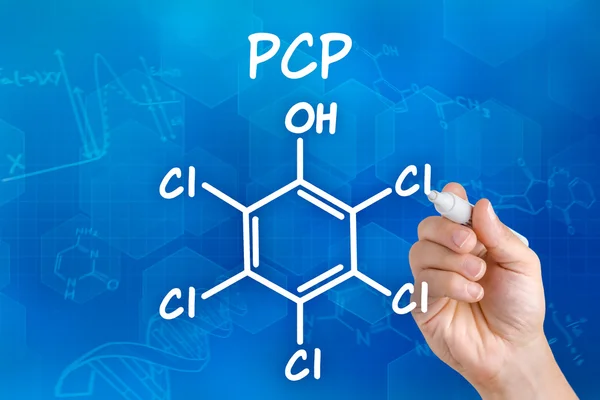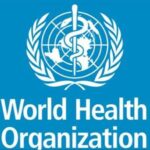Sherm Drug: Meaning, History, Health Risks, Warnings, Harm Reduction

Phencyclidine, commonly known as PCP or “sherm,” is a potent and dangerous hallucinogenic and dissociative drug that has gained notoriety for its unpredictable and often harmful effects.
Sherm drug was originally developed as an anesthetic in the 1950s. It is known by other street names, including “angel dust,” “wet,” and “rocket fuel.” Users may refer to the drug by these slang terms, but it’s crucial to recognize that PCP is an illicit and dangerous substance.
This article aims to provide an in-depth understanding of PCP, including its historical background, health risks, potential for addiction, and strategies for harm reduction.
Historical Background
PCP was initially used as a surgical anesthetic in the 1950s and early 1960s but was discontinued for medical use due to its severe side effects and unpredictable nature. Its recreational use gained popularity in the 1960s and 1970s, contributing to its status as a controlled substance in many countries. The drug’s history is intertwined with various cultural and medical developments, reflecting society’s evolving attitudes toward substance use.
Short-term Effects
When individuals use PCP, they may experience a range of short-term effects, including hallucinations, altered perceptions of time and space, and feelings of detachment from reality. These effects can be highly distressing and unpredictable, leading to risky behaviors and accidents. Understanding these effects is vital in recognizing the immediate dangers associated with PCP use.
Long-term Health Risks
Chronic use of PCP can result in severe long-term health consequences. These may include memory and cognitive impairments, mood disorders, and increased risk of psychiatric issues such as psychosis. Individuals who use PCP are also at risk of engaging in dangerous behaviors that can lead to physical harm. A detailed examination of these long-term risks helps individuals appreciate the gravity of continued use.
Physical Health Risks
The physical health risks associated with PCP use are numerous and can be life-threatening. These risks include respiratory depression, elevated blood pressure, seizures, and the potential for overdose. In cases of overdose, individuals may experience extreme agitation, violence, and even death. Understanding the physiological impact of PCP on the body underscores the need for caution.
Potential for Addiction
While PCP does not lead to physical dependence in the same way that opioids or alcohol do, it can result in psychological addiction. Users may develop a strong craving for the drug, making it difficult for them to quit, even in the face of negative consequences. Exploring the psychological aspects of addiction to PCP helps individuals recognize the need for intervention.
Withdrawal Symptoms
When individuals addicted to PCP attempt to quit, they may experience withdrawal symptoms, which can be distressing. These symptoms may include depression, anxiety, and intense drug cravings. Professional help is often needed to manage withdrawal and addiction effectively. Understanding the challenges associated with withdrawal emphasizes the importance of accessible and effective treatment.
Harm Reduction Strategies
Promoting Awareness
Education and awareness are crucial components of harm reduction. Individuals, communities, and healthcare providers should be informed about the dangers of PCP and its effects. Increasing awareness not only helps prevent use but also encourages early intervention for those already using the drug.
Prevention Programs
Community-based prevention programs should target populations at risk of PCP use. These programs can educate individuals on the risks associated with PCP and provide resources for those struggling with addiction. Effective prevention strategies can include school-based education, community outreach, and awareness campaigns.
Access to Treatment
It is essential to ensure that individuals who are addicted to PCP have access to appropriate treatment. Treatment options may include counseling, therapy, and support groups to address both the psychological and physical aspects of addiction. Highlighting the availability and effectiveness of treatment options is crucial in encouraging individuals to seek help.
Safe Use Education
For those who continue to use PCP despite the risks, safe use education can be a harm reduction approach. This involves teaching individuals about the importance of responsible use, minimizing dosage, and avoiding dangerous behaviors while under the influence. Encouraging harm reduction strategies can help minimize the immediate risks associated with PCP use.
Support for Families and Friends
Addiction affects not only the individual using the substance but also their loved ones. Providing support and resources for families and friends can help them cope with the challenges of addiction and encourage their loved ones to seek help. Recognizing the role of the support system in the recovery process is vital.
Conclusion
PCP, commonly referred to as “sherm,” is a dangerous and unpredictable drug with severe health risks. Understanding its historical background, health risks, potential for addiction, and harm reduction strategies is crucial for addressing this public health concern. By focusing on education, prevention, and support, we can work towards reducing the harm associated with PCP use and promoting healthier, safer communities. If you or someone you know is struggling with substance abuse, seeking professional help is strongly recommended to address this issue effectively.
In conclusion, it is essential to recognize that PCP is a hazardous substance with severe consequences for users and society. Promoting awareness, education, and accessible treatment options are essential steps in addressing this public health concern and reducing the harm associated with PCP use.





